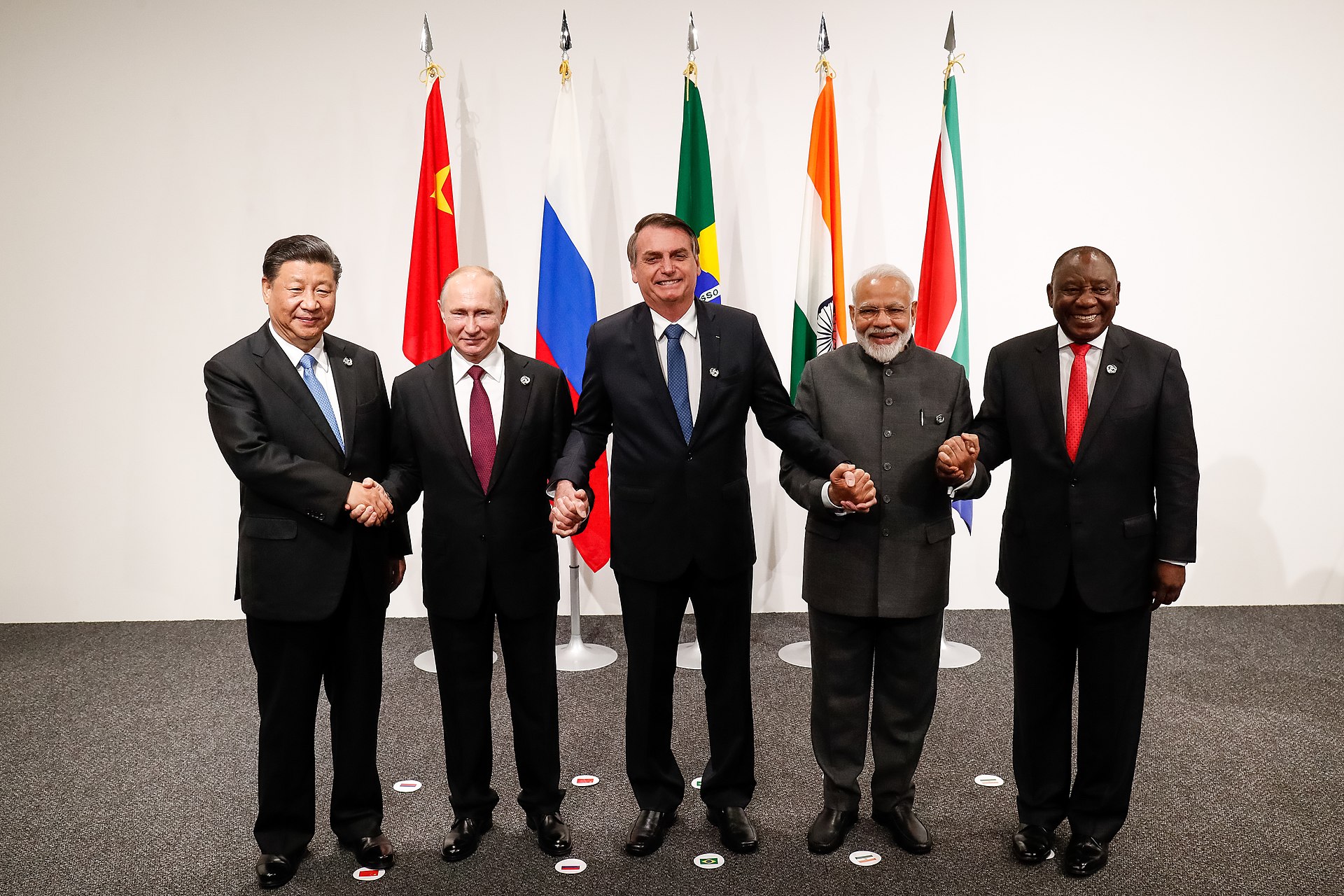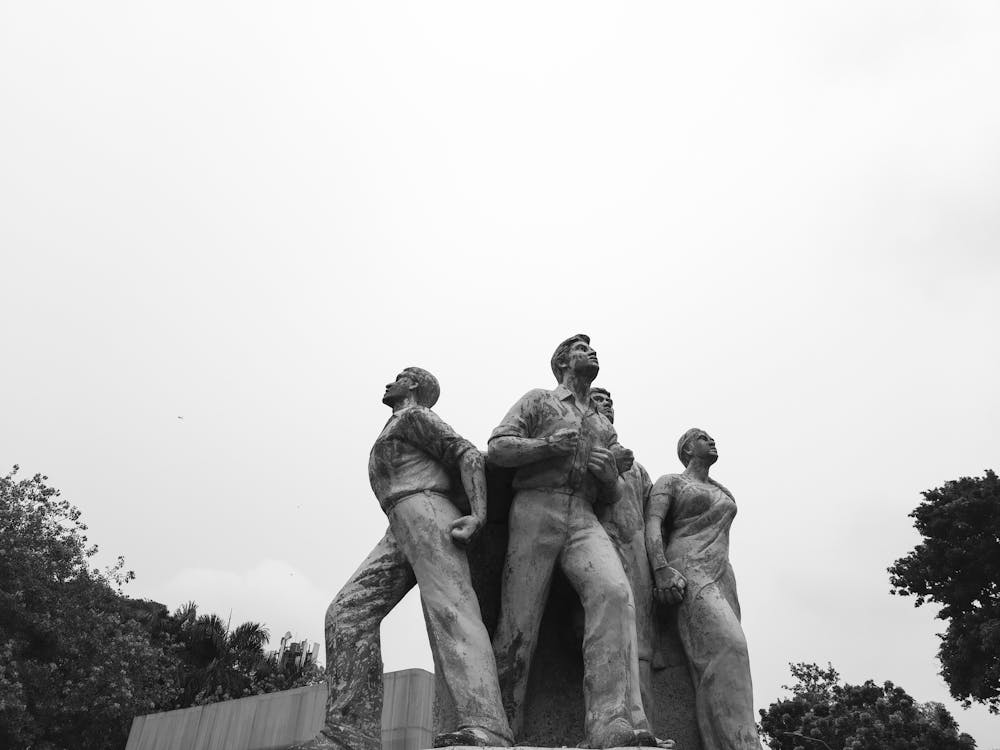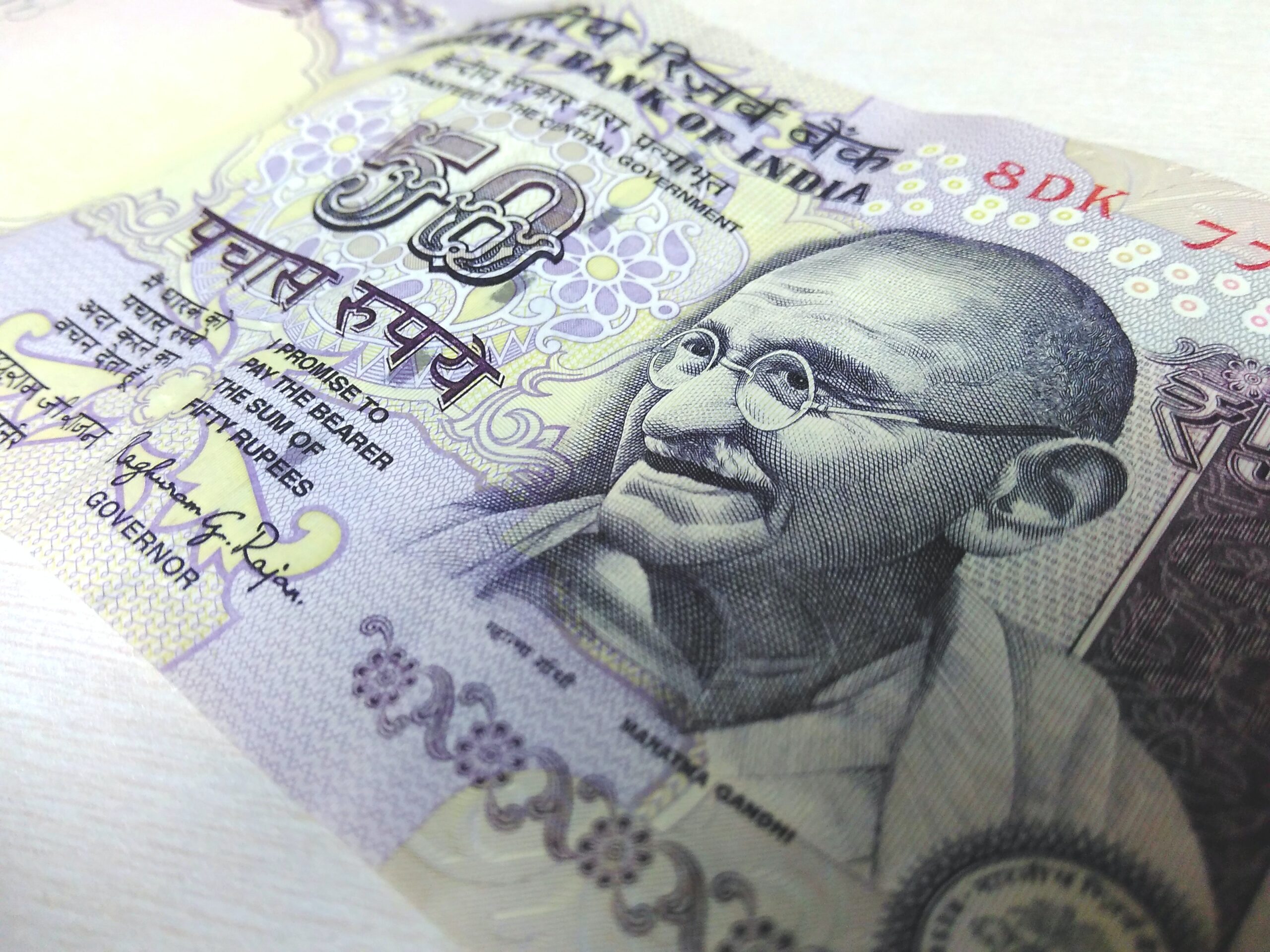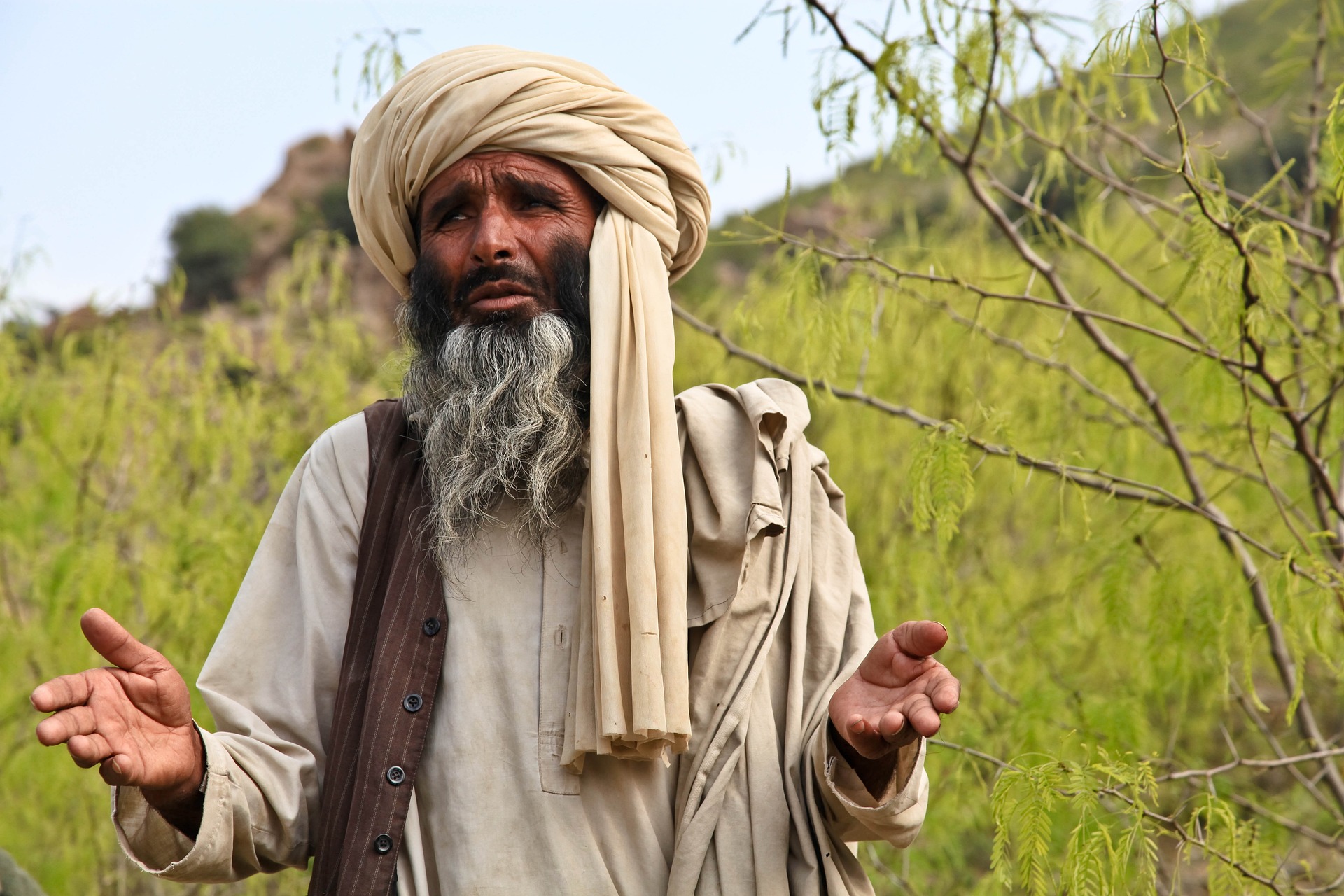Our reporter in India, Mr. Gunjan Patel, is at Surat in the state of Gujarat, where he just emailed us the first draft that outlines the sentencing of the Indian PN Mr. Narendra Modi, in a public speech, made an offhand comment about Mr. Rahul Gandhi, which resulted in a two-year imprisonment.
Indian Penal Code section 504 is a very controversial law that can be used as an instrument of political witchhunt and police brutality. The matter is very subjective regarding what a breach of the peace is and how insulting a public figure can lead to legal trouble. If that is the case, making any negative comment against the current government or its agent can land anyone jail time.
Who is Rahul Gandhi?
Rahul Gandhi is a prominent Indian politician and a member of the Indian National Congress (INC) party. He is the son of Sonia Gandhi, who served as the President of the INC for many years, and the late Rajiv Gandhi, the Prime Minister of India from 1984 to 1989.
Rahul Gandhi has served as a Member of Parliament (MP) in India since 2004, representing the Amethi constituency in Uttar Pradesh in the Lok Sabha, the lower house of the Indian Parliament. He has also held various positions within the INC, including Vice-President and President.
As a politician, Rahul Gandhi has been involved in various campaigns and initiatives, including promoting women’s rights, fighting corruption, and advocating for the rights of farmers and other marginalized communities. He has also been a vocal critic of the policies of the ruling Bharatiya Janata Party (BJP) government in India.
Now the reality…
Freedom of speech is guaranteed as a fundamental right in the Constitution of India. However, the reality of freedom of speech in India is complex, and there have been instances of restrictions on this right in practice.
While India has a vibrant media industry and citizens are free to express their opinions, there are certain limitations and restrictions on freedom of speech. The Indian government has the power to impose reasonable restrictions on the freedom of speech in the interest of public order, decency, morality, and national security. There have been instances where the government has used this power to restrict freedom of speech and expression.
Moreover, there have been harassment, intimidation, and violence against journalists, activists, and individuals expressing dissenting views. In recent years, concerns have been raised about using sedition laws to suppress dissenting voices.
While freedom of speech is guaranteed as a fundamental right in India, its practical application is subject to various limitations and challenges.










